Better is better....and this is better!
|
One of the many things that I love about Google is that they are constantly seeking feedback and looking at ways they can get better. Here is a simple improvement that made them better. Whenever you want to create a new Google doc, slidedeck, form, sheet or site. Simply go to your browser's address bar and type in the type of Google app you would like to create followed by dot and "new". So for a Google doc you would type "doc.new" and press enter. A new Google doc will appear and you will be ready to get to work.
Better is better....and this is better!
0 Comments
How many of us remember a time when we would meet with our team and decided what chapter we would be covering, who would be making copies of daily work and who would be making copies of homework? Current trends in education have seen an increase in the types of assessments used and how those assessments influence instruction in our classrooms. There is an increasing focus on making instructional data-driven decisions and using the information as a team to plan instruction. The names of assessments schools and districts use often lead to confusion. The following is a list of assessment terms that are being used in many schools and my simple definition and use of them. The assessments listed above are tools that educators have to use and administer at the classroom level. The first type of assessment, formative is a term commonly referred to in education. The use of formative data to alter instruction and to scaffold next steps forward in instruction varies from classroom to classroom. There are times that the formative data is being used to create a grade as an indicator to the student of their level of understanding. When the formative data is simply a grade to the teacher and instruction continues as planned the power of using a formative assessment is lost. (In other words.....I have taught it and you have either learned it or not and I am moving on.) In defense of many teachers, the pressure to move forward to keep up with a pacing calendar encourages this practice at many schools. The next three types of assessments: the screener, diagnostic and progress monitoring assessments are tools that are not as commonly referred to or used in many classrooms. In my experience, they are tools that can help identify where a student is performing at in overall literacy and numeracy. These types of assessments help educators know where to adjust the basic point at which instruction is going to begin. I think of it in terms of someone setting out to climb a mountain. Using the data from a screener and a diagnostic report allows a teacher to decide a starting point, for example reading level for the students they currently are teaching. The use of progress monitoring allows educators to see in a snapshot if the strategies and instruction they are using are helping students show growth. When looking at the list above, summative assessments are used often in our classrooms to assess over-all learning. Creating summative assessments prior to instruction is critical. Summative assessments should be created by a PLC. When the PLC creates a common assessment it allows for every teacher to know what learners will need to know and at what rigor level they'll need to be able to perform at. My question, and it is a question because I don't know what the answer is, how do our summative assessments address the various starting points of our learners? Bringing all of these assessments together into one big picture takes a team, planning, brainstorming, and constant change. What it looks like and how instruction is affected cannot be scripted by pacing guides, and it is going to look different depending on the group of students. The challenge here is that the learning goals identified for students may be different than the standards identified by the student's grade level and course. This is where traditional classrooms and data hit a roadblock. Teachers need to be encouraged and supported throughout the process as it is complicated and hard work. Asking questions along the way as to the use of data, instructional adjustments and student progress should be at the center of our conversations. I believe we have learning to do around the implementation of interventions and varied instructional groupings, especially at the secondary level. Identifying technology tools that help differentiate and scaffold instruction is key to meeting more students needs. Realizing the need to learn is the first step forward to improvement. If you have insights on the use of assessments to drive learning and adjust instruction, I would love to hear your thoughts.
|
Categories
All
Archives
January 2024
|
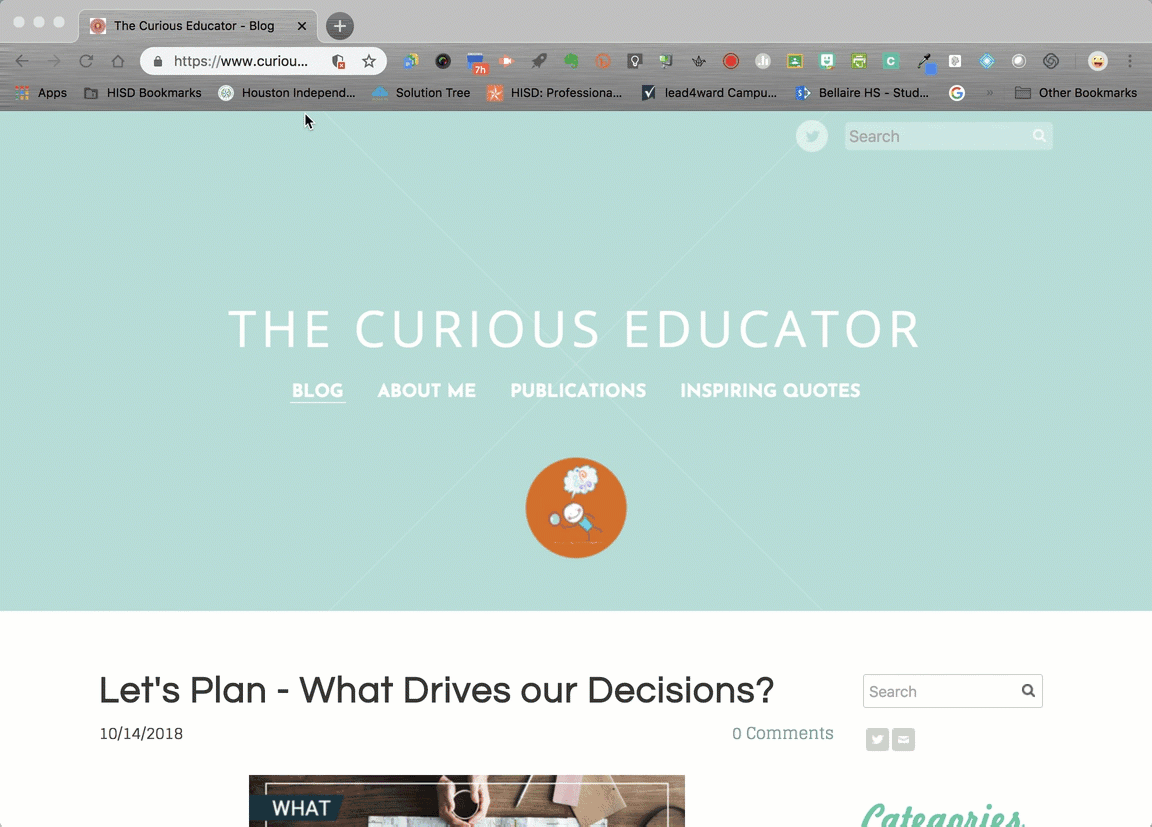


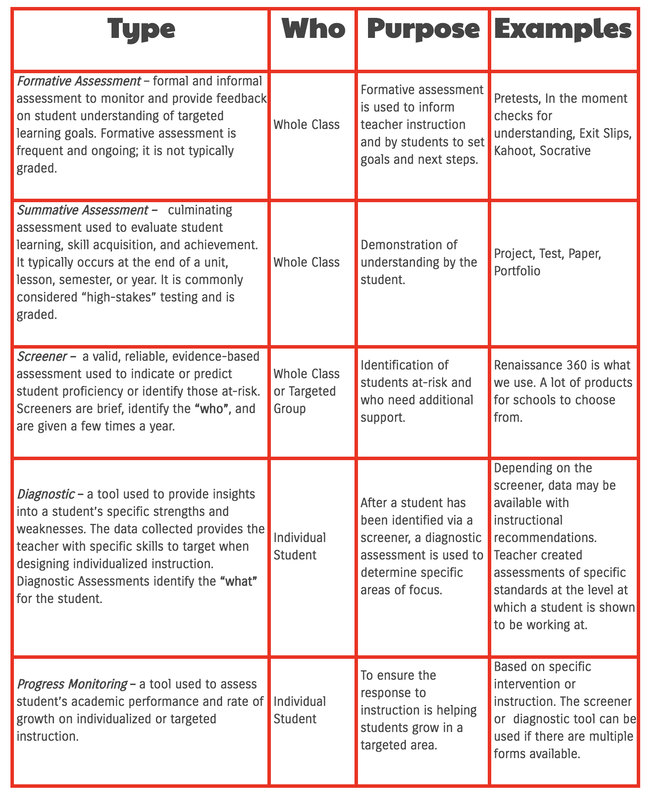
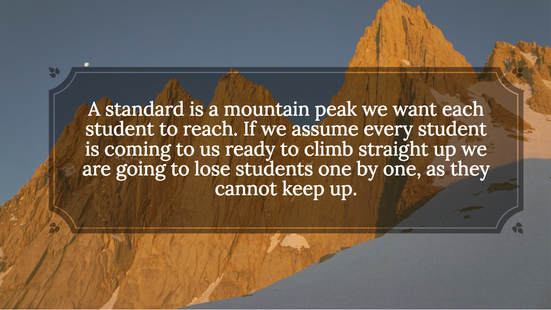
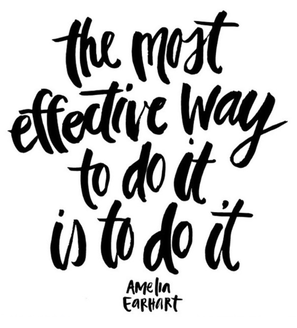

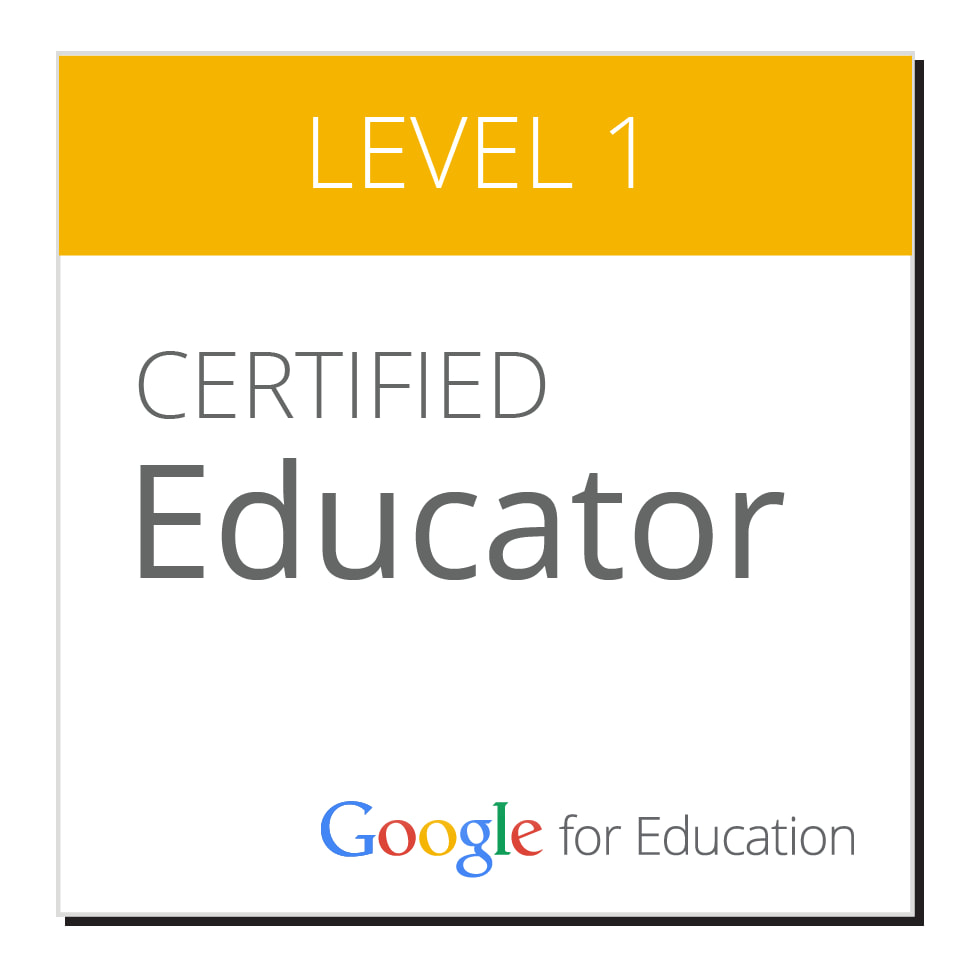
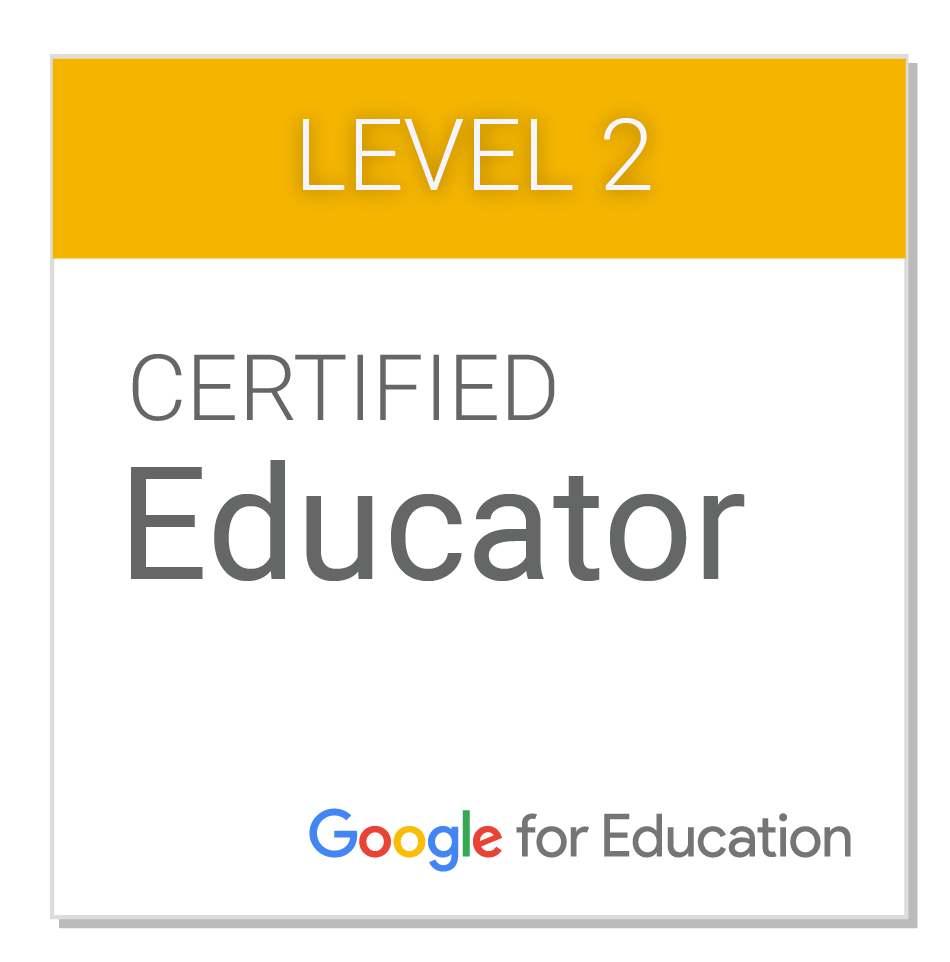
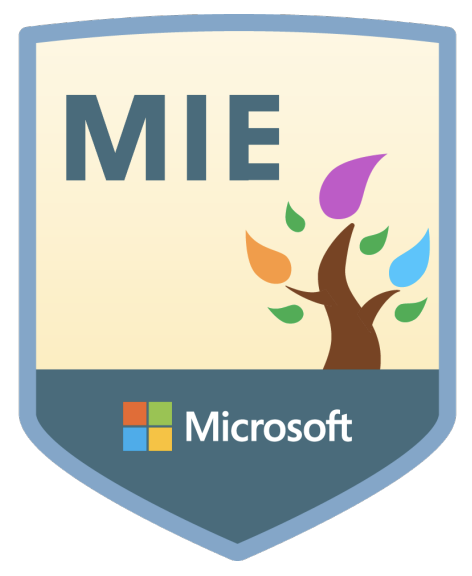
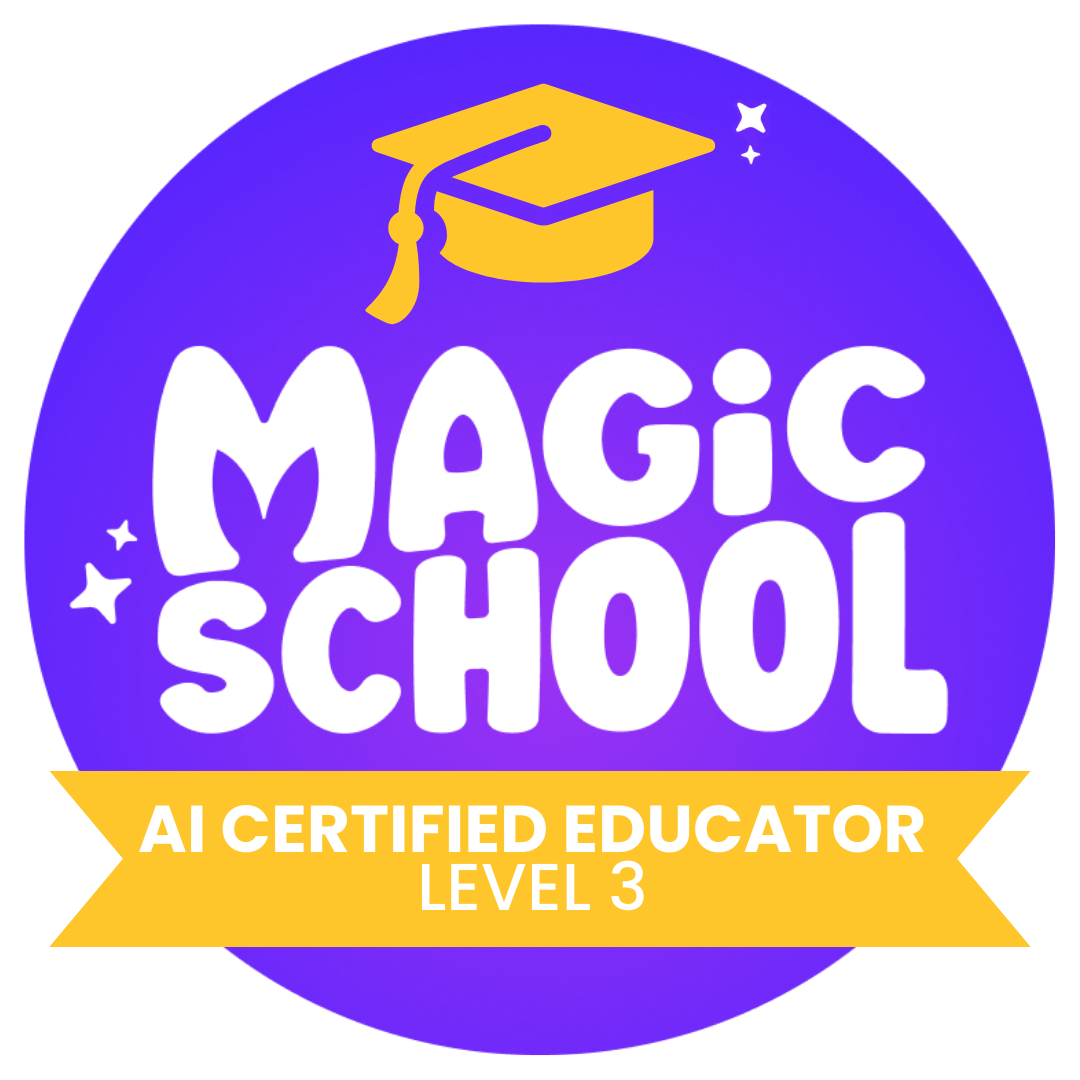

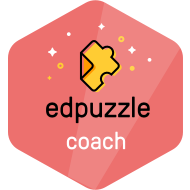
 RSS Feed
RSS Feed
